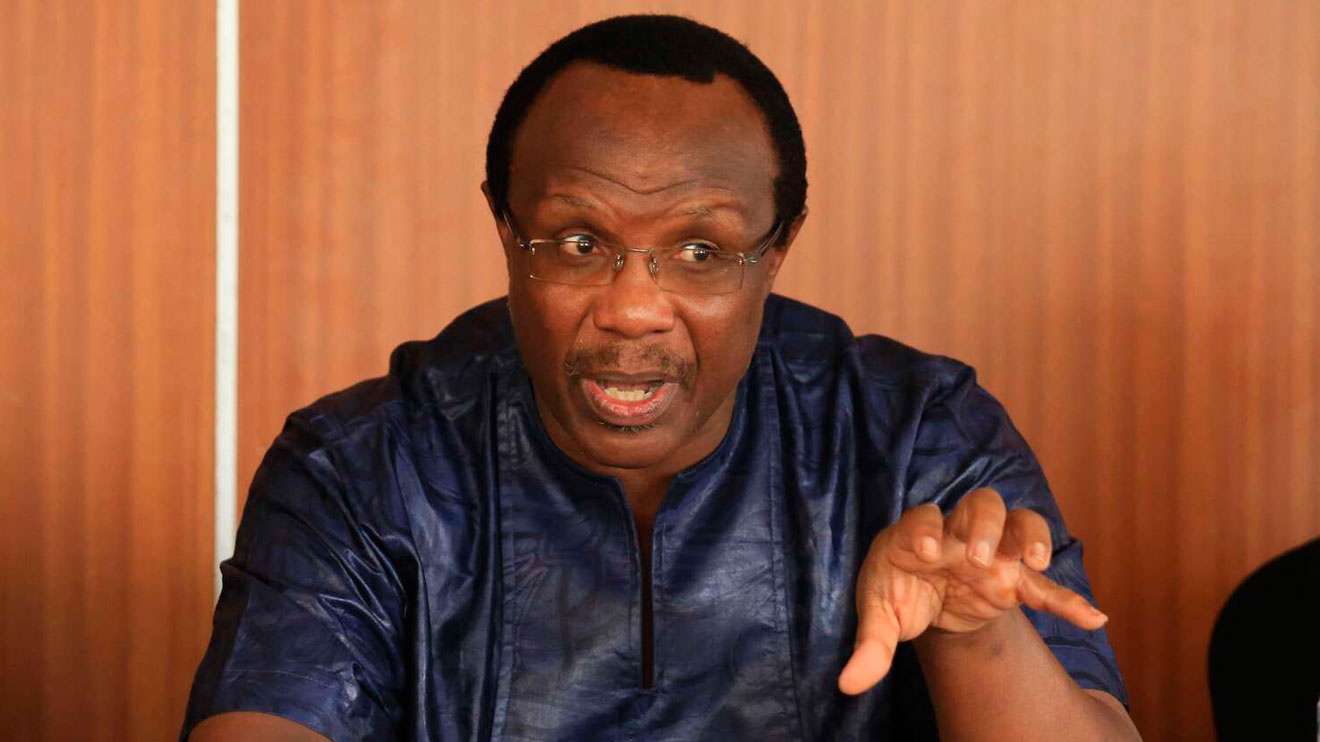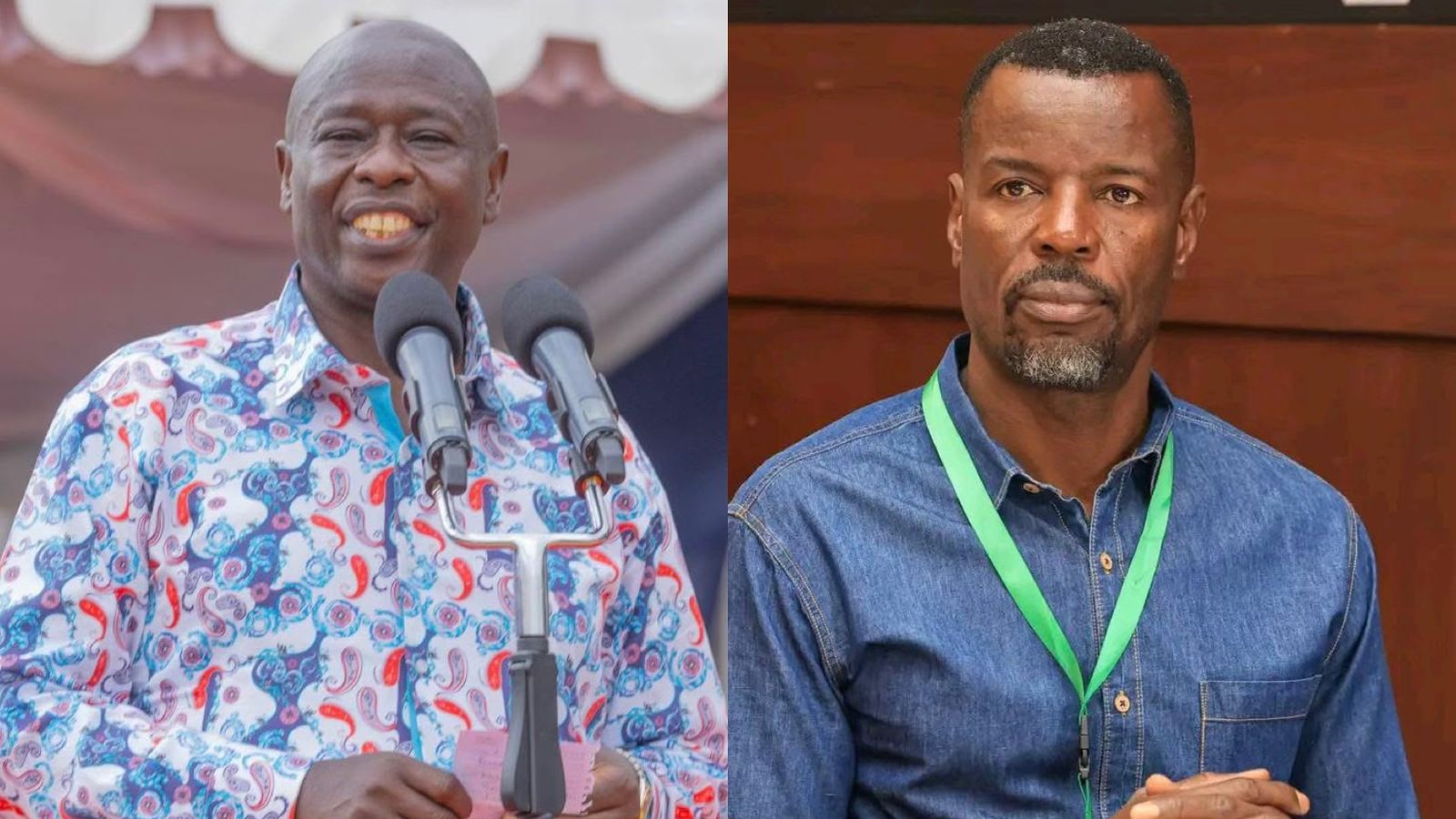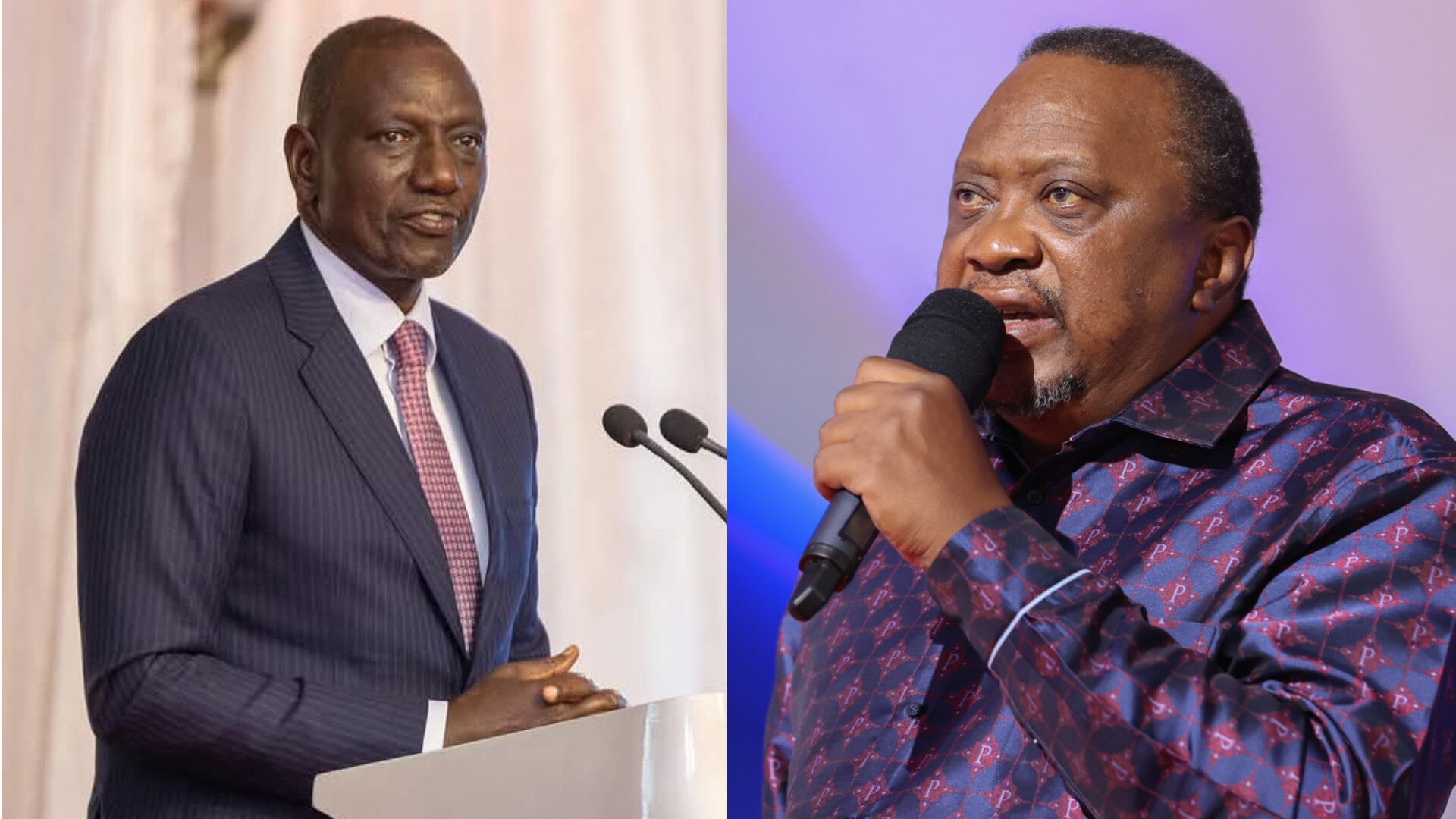Economist David Ndii is not convinced that the vibrant Kenyan youth can tilt the traditional political status quo in 2027.
In the recent past, the Kenyan young population has been partaking in activism aimed at challenging the successive political order that has seen the citizenry suffer under the weight of draconian tax policies and oppressive governance.
The youth took to the streets to demand the withdrawal of the condemned Finance Bill 2024, which they argued bore oppressive tax regimes.
The climax was the unprecedented invasion of the National Assembly on June 25.
Their revolt pushed President William Ruto to undertake a couple of measures to appease them; including his rejection of the controversial finance bill, sanctioning of cuts in government spending, dismissal of the entire Cabinet and the start of the reconstitution of the IEBC.
Read More

The levels to which the youth went to inform change within one month had some quarters arguing the vote in 2027 will be interesting to watch as the disgruntled youth will want to leverage the ballot to actualise their desired change.
However, Ndii is of a different opinion; he says the Kenyan youth cannot do much on the ballot.
"They don't have the discipline," this was his response to an X user who has sought his opinion on whether "Gen Z can influence a win in 2027".
He went ahead and spelled out numerical strength as the main undoing of the group, referencing the events in the 1990s during the late former president Daniel Moi's era.
"The Genz foray into politics on middle-class interests without the numbers is not new. It was even more daunting in the 90s with no independent middle class to speak of. But a tiny intelligentsia, a hundred strong at best, figured out how to use guerilla tactics," he said.





